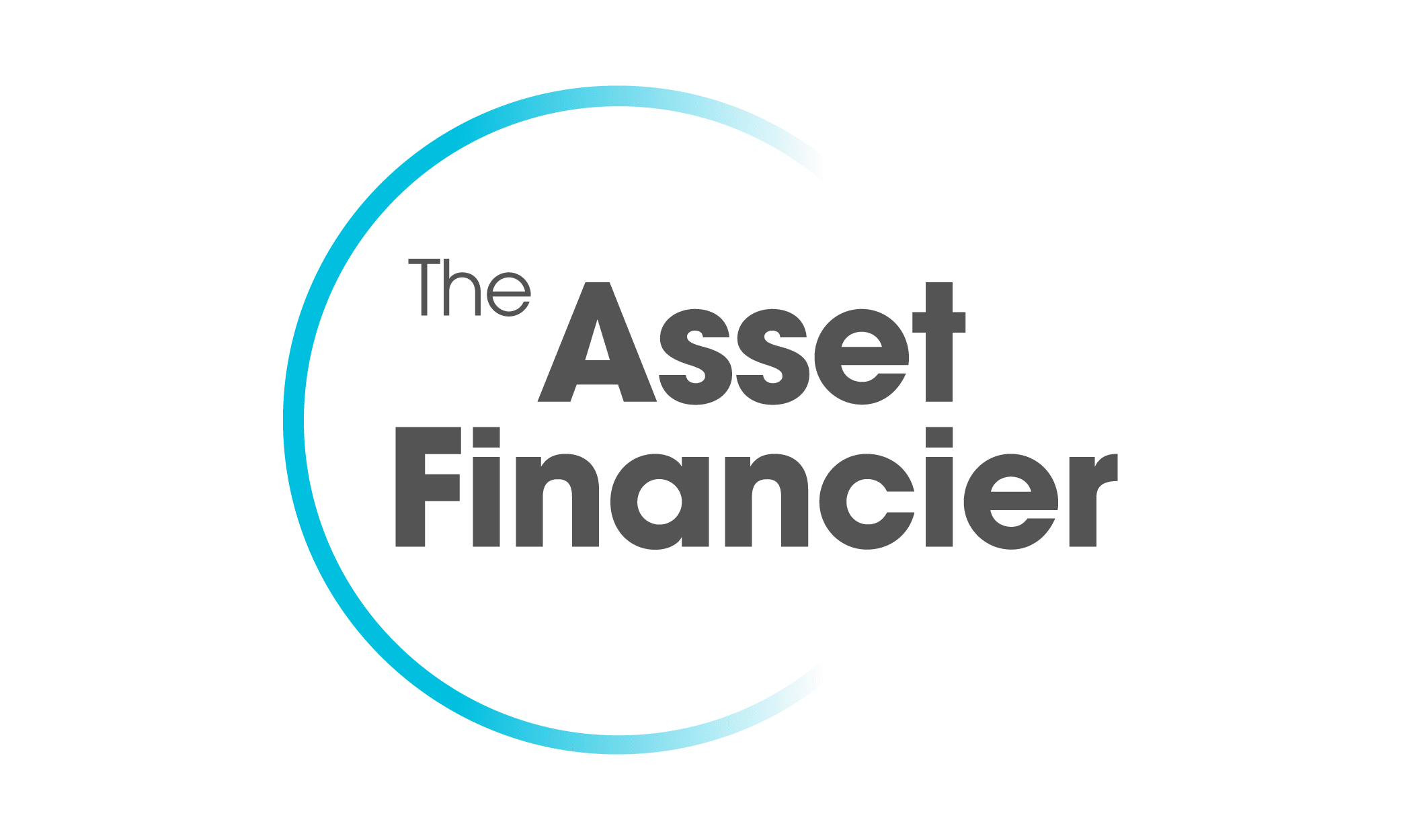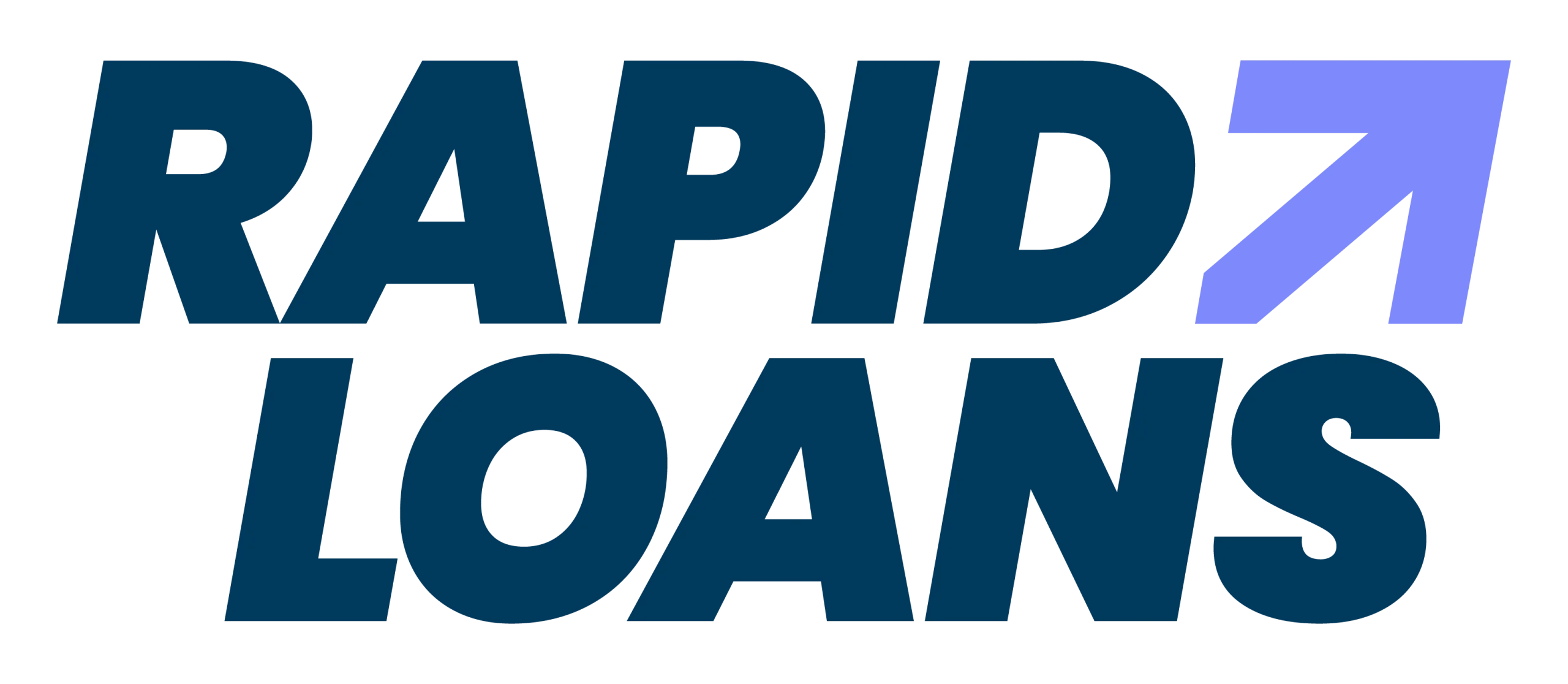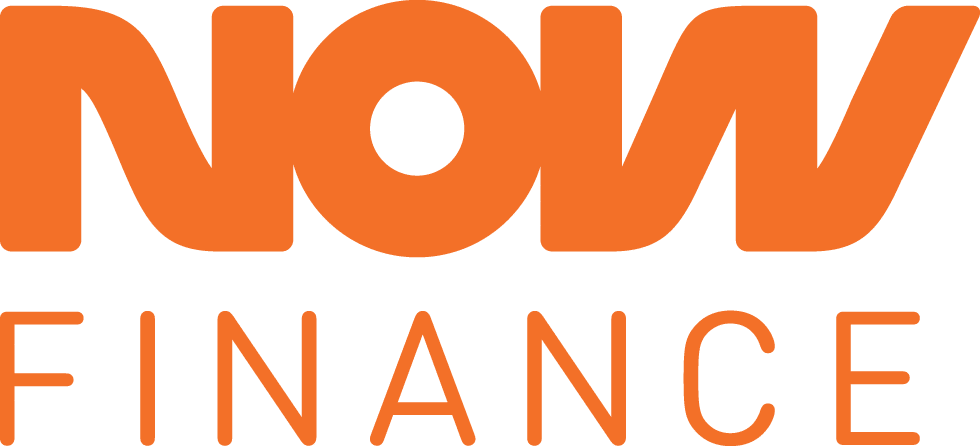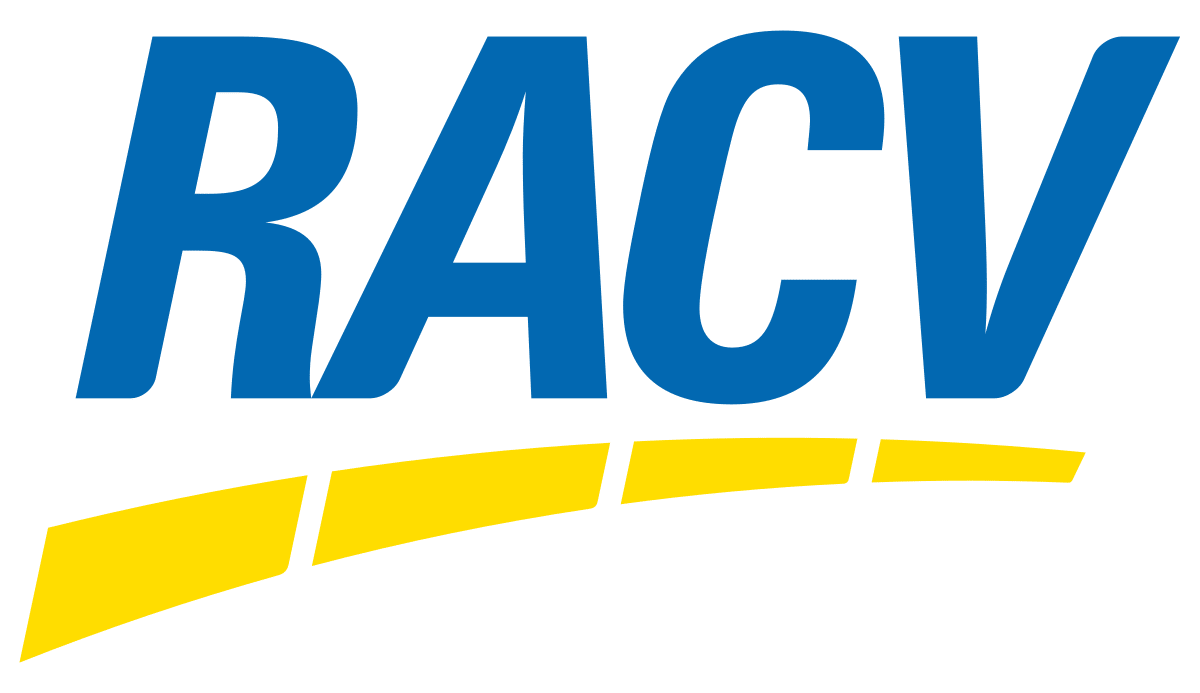Variable rate car loans are a popular choice for buyers who want the potential to save if interest rates fall, while also enjoying greater flexibility around repayments. At Savvy, we work with more than 40 lenders to help you compare your options and find the right car loan for your needs.
What are variable rate car loans?
A variable rate car loan comes with an interest rate that can fluctuate throughout the loan term. This means your monthly repayments may change depending on rate adjustments made by the lender.
If the base rate increases in the future, your variable interest rate and monthly repayments could potentially go up. On the other hand, if the base rate decreases, your interest rate and repayments could go down.
The lender will typically notify you in writing of any adjustments to the interest rate and the corresponding changes to your monthly repayments.
Variable rate car loan rates
As of February 2026, the cheapest variable car loan interest rates available through Savvy are as follows:

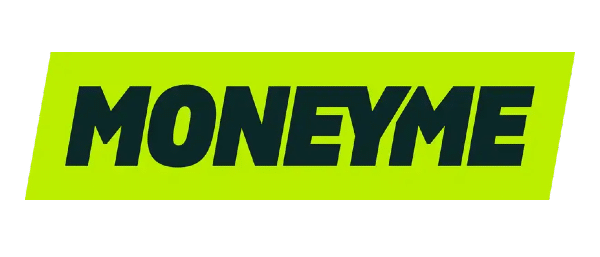


Why apply for a car loan with Savvy?
Fast & easy application
Apply online and submit and sign all your documents digitally. We can assess your profile with a soft credit check, so your score isn't impacted.
Trusted since 2010
With 15+ years of experience and a 4.9-star customer service rating on Feefo, we've helped thousands of Aussies find their ideal car loan.
Unbeatable rates & choices
Access 40+ lending partners nationwide. We compare providers to find the most competitive interest rates tailored to your profile.
How much will my variable rate loan cost?
The cost of a variable rate car loan depends on several factors, including your lender, interest rate, loan amount and term. Since variable rates can fluctuate, your repayments may rise or fall depending on how the market moves – which makes estimating total costs a bit trickier than with a fixed loan.
Here’s what can influence your variable loan’s cost:
- Interest rate movements: if your rate goes down, you’ll pay less interest, but if it goes up, your repayments will increase.
- Loan amount and term: larger loans and longer terms generally mean more interest paid overall.
- Extra repayments:paying more than the minimum can reduce your interest costs.
- Balloon payments: a balloon lowers your regular repayments, but increases the total interest paid.
To show how this might look in practice, we’ve modelled two possible interest rate paths based on current RBA forecasts, which suggest multiple rate cuts in 2025 as inflation eases and economic growth slows.
| Year | Scenario 1: 3 rate cuts, then flat | Scenario 1 interest amount | Scenario 2: 2 rate cuts, then 1 rise | Scenario 2 interest payments | Rate changes summary |
|---|---|---|---|---|---|
| Start | Start rate: 6.50% p.a. | – | Start rate: 6.50% p.a. | – | Starting rate for both scenarios |
| Year 1 | 6.50% p.a. → 6.25% p.a. → 6.00% p.a. | $1,268 | 6.50% p.a. → 6.25% p.a. → 6.00% p.a. | $1,280 | Two 0.25% cuts in first 6 months |
| Year 2 | 6.00% p.a. → 5.75% p.a. | $1,056 | 6.00% p.a. (unchanged) | $1,062 | Scenario 1: one more 0.25% cut |
| Year 3 | 5.75% p.a. (flat) | $879 | 6.25% p.a. ↑ | $915 | Scenario 2: 0.25% increase |
| Year 4 | 5.75% p.a. (flat) | $763 | 6.25% p.a. (flat) | $796 | – |
| Year 5 | 5.75% p.a. (flat) | $737 | 6.25% p.a. (flat) | $770 | – |
| Total | – | $4,703 | – | $4,923 | Scenario 1 ends ~$220 cheaper |
As you can see, even small interest rate changes can add up over time. In this example, a third rate cut in Scenario 1 saves around $220 in interest over the life of the loan compared to Scenario 2, where rates rise in the third year.
If interest rates go down, will my car loan rate decrease?
Yes – your interest rate can decrease when the RBA lowers interest rates. This means your repayments may go down, which could save you money over the life of your loan. The big advantage of a variable loan is that you’re not locked in, so you can benefit from any future rate cuts as well.
If you’re still shopping for a loan, falling rates can also work in your favour. Lower interest rates often mean:
- Smaller monthly repayments
- More borrowing power (since your repayments take up less of your budget)
- Competitive offers from lenders looking to win your business
Should I choose a variable or fixed interest rate for my car loan?
In contrast to a variable rate car loan, fixed rate car loans are locked in from the start of your repayment term and remain the same throughout your repayment period. These types of loans are better for budgeting, as you’ll know exactly how much you’ll be paying each month and year – but you’re locked in if rates fall, and they are more likely to come with break costs if you decide to pay it off early.
Variable rates, meanwhile, let you take advantage of interest rate drops without needing to refinance. However, since they’re not locked in, your repayments could rise if rates go up, and there’s no certainty around what you’ll pay over the life of the loan.
The table below shows how different scenarios could affect your repayments and overall loan cost for a $30,000 car loan over five years:
| Scenario | Interest rate change | Monthly repayment | Total interest paid | Total repaid |
|---|---|---|---|---|
| Fixed rate – 6.00% p.a. | Unchanged | $580 | $4,800 | $34,800 |
| Variable rate – 6.00% p.a. → 5.25% p.a. | Falls 0.75% in year 1 | ↓ to ~$560 avg | ~$4,300 | ~$34,300 |
| Variable rate – 6.00% p.a. → 6.75% p.a. | Rises 0.75% in year 1 | ↑ to ~$600 avg | ~$5,300 | ~$35,300 |
This highlights how rate changes can impact your repayments and interest costs. A 0.75% drop could save you around $500 in interest over five years, while the same increase could end up costing you $500 more than sticking with a fixed rate.
Whether a variable or fixed rate car loan is best for you will come down to your preferences as a borrower. If you prefer predictable repayments and peace of mind, a fixed rate may suit you better. But if you're comfortable with some uncertainty in exchange for the chance to save when rates fall, a variable rate could be the way to go.
How to apply for your car loan with Savvy
-
Fill out our simple online application form
Tell us about yourself and the car and loan you’re after. This will include information about your income, employment and credit score and helps us find the best available loan for you.
-
Supply any required documents
After you complete your application, we may request further documentation to verify details such as your employment and income. These can be submitted online via our portal.
-
Discuss your options with us
Once we have everything we need, we’ll compare offers from our panel of lenders. Your consultant will contact you to explain your fixed and variable rate car finance options and help you choose the best fit.
-
Have your application prepared and approved
Once we have all the info we need, your consultant will get to work preparing your application for submission. You can receive formal approval as soon as one business day after it’s submitted.
-
Sign on the dotted line
We’ll send through your final loan documents and other forms to sign electronically. Once that’s done, we’ll handle the settlement and you can pick up your new car.












